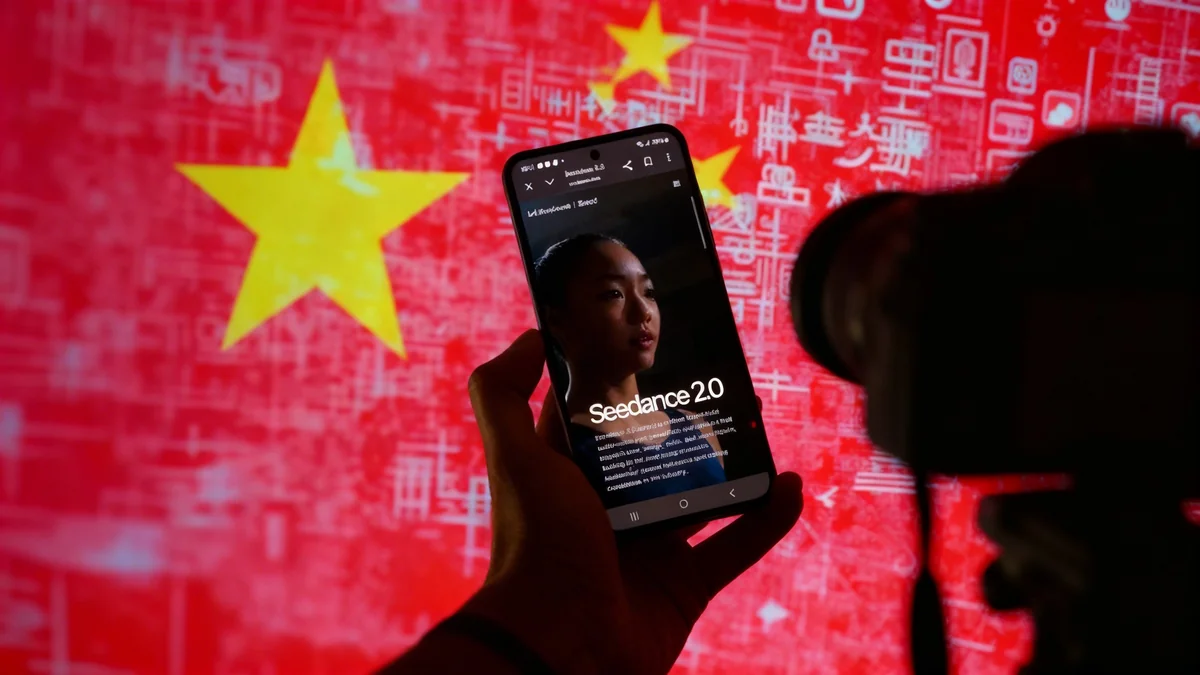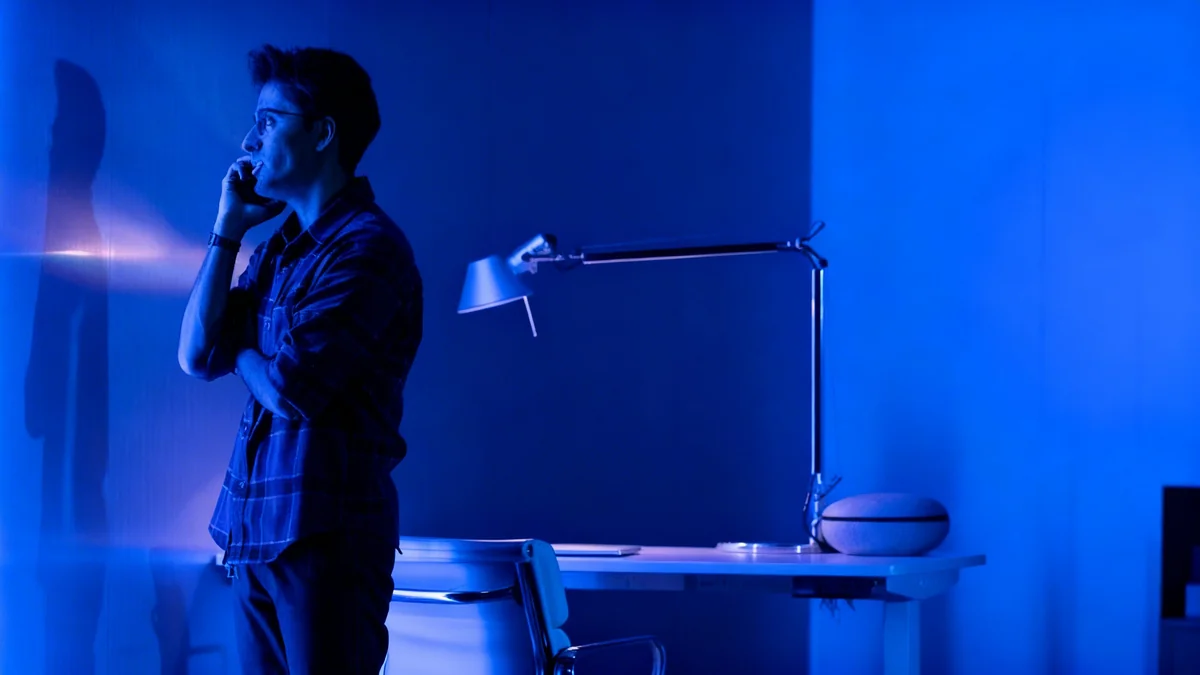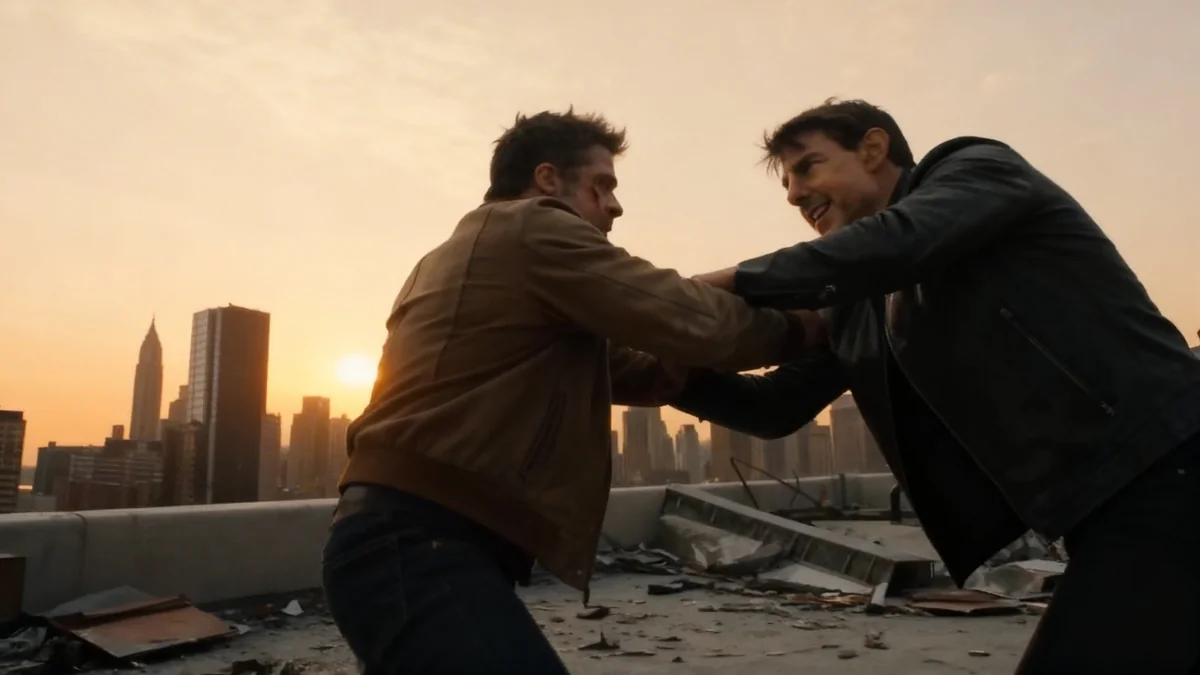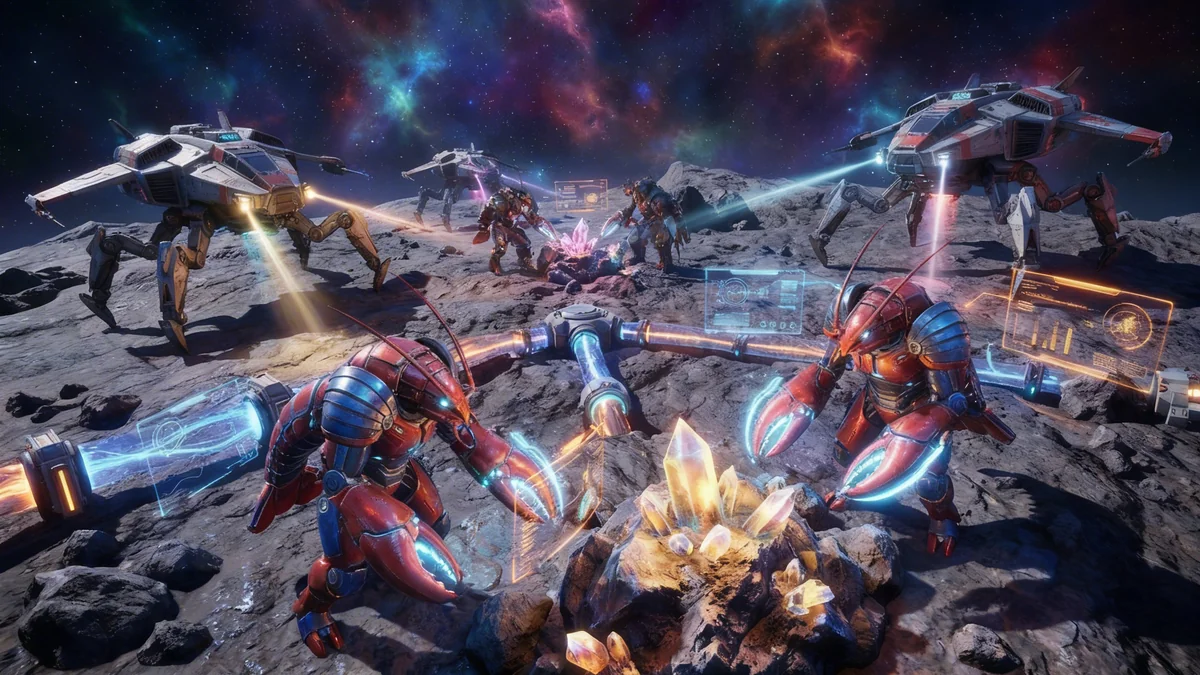Top film industry professionals are pushing back against the notion that artificial intelligence could take over the creative process of casting movies. During a panel at the Thessaloniki Film Festival in Greece, veteran casting directors and technology experts argued that while AI can be a powerful administrative tool, it lacks the human intuition essential for finding the right talent.
Lucinda Syson, a casting director known for her work on major blockbusters like Wonder Woman and Batman Begins, stated that the core of her job is a deeply creative and collaborative process that algorithms cannot replicate. The discussion highlighted a clear line between using technology for efficiency and relying on it for artistic decisions.
Key Takeaways
- Leading casting directors believe AI is incapable of handling the creative aspects of casting films.
- Technology is seen as beneficial for administrative tasks like organizing data and managing records.
- The casting process relies on nuanced human relationships and a deep understanding of storytelling, which AI cannot grasp.
- Tech executives in the film space agree that AI should support, not replace, the unquantifiable knowledge of creative professionals.
- The industry is simultaneously celebrating new recognition for casting with the addition of Oscar and BAFTA award categories.
The Irreplaceable Human Touch
During a spirited discussion, Lucinda Syson delivered a firm message about the limitations of artificial intelligence in her field. She emphasized that the idea of an algorithm selecting actors for complex roles misunderstands the fundamental nature of the job.
"No one with any real deep knowledge of this industry could think AI can start casting films," Syson told the audience.
She described casting as an intensely hands-on process built on relationships. It involves a deep connection with the director or showrunner and a thorough understanding of the story's emotional core. "It’s a much deeper process than AI just making a few suggestions," she explained.
Joining Syson on the panel were fellow international casting directors Tanja Grunwald and Yngvill Kolset-Håga, who shared the sentiment that the creative and intuitive aspects of their work are beyond the reach of current technology.
A Tool for Efficiency, Not Creativity
Despite her strong stance against AI in creative roles, Syson acknowledged that technology has already improved the industry's logistics. She pointed to administrative work, such as managing performer information and updating extensive files, as an area where AI and software could provide significant support.
Technology in Modern Casting
Casting directors today manage vast databases of actors. Technology helps organize this information, track availability, and streamline communication. Syson noted that even virtual read-throughs on platforms like Zoom are now common, calling the global reach this provides "phenomenal."
"That kind of help is really useful," Syson said. "Technology could really support us in organizing our records and things like that. That could make our lives a lot easier."
However, she drew a critical distinction between using AI for organization and allowing it to influence creative choices. The problem arises when technology is presented as a tool for suggesting actors, a task that requires a nuanced understanding of performance and character that an algorithm lacks.
Tech Sector Agrees: AI Is a Support System
The perspective from the technology side of the industry echoed the casting directors' views. David Zitzlsperger, founder of the German software company Denkungsart GmbH, which provides digital tools for film productions, stated that replacing creative professionals with AI is a fundamental misunderstanding of technology's purpose.
"The biggest mistake industry players are making right now is even entertaining the idea that AI technology could replace their work," Zitzlsperger said. He argued that his company's goal is to digitize and streamline parts of the production process, not to automate creative judgment.
The Value of Unquantifiable Knowledge
Zitzlsperger explained that a producer might mistakenly view a casting director's role as replaceable without understanding the immense, unquantifiable knowledge behind every decision. This includes years of experience, personal relationships with actors and agents, and an intuitive feel for an actor's potential.
"When you look at the process of the casting director, a producer could very easily think it’s a replaceable role," he noted. "But they’re not accounting for the amount of knowledge a casting director has that is not quantifiable and is behind every decision."
He concluded that while significant change from technology is inevitable, it does not have to be a replacement. "We don’t think technology has to replace," he affirmed.
A New Era of Recognition
While the industry grapples with the role of new technology, casting directors are also celebrating a major milestone in professional recognition. The panel discussed the recent decisions by the Academy of Motion Picture Arts and Sciences (the Oscars) and the European Film Academy to add competitive awards for casting.
This move, which follows a similar decision by BAFTA, marks a significant acknowledgment of the craft's importance in filmmaking. The Best Casting Oscar will be the first new category added to the awards since Best Animated Feature Film was introduced in 2001.
Syson, who has been part of the effort to gain this recognition, expressed her satisfaction with the outcome.
"A lot of us have done a lot of hard work, gently pushing this through so we can be acknowledged as a vital part of the filmmaking process," she said. "It’s been a slow process, but we are really happy that there’s an acknowledgment now."
This formal recognition underscores the artistic and creative value that professionals like Syson bring to a film—a value they argue no machine can ever truly replicate.





